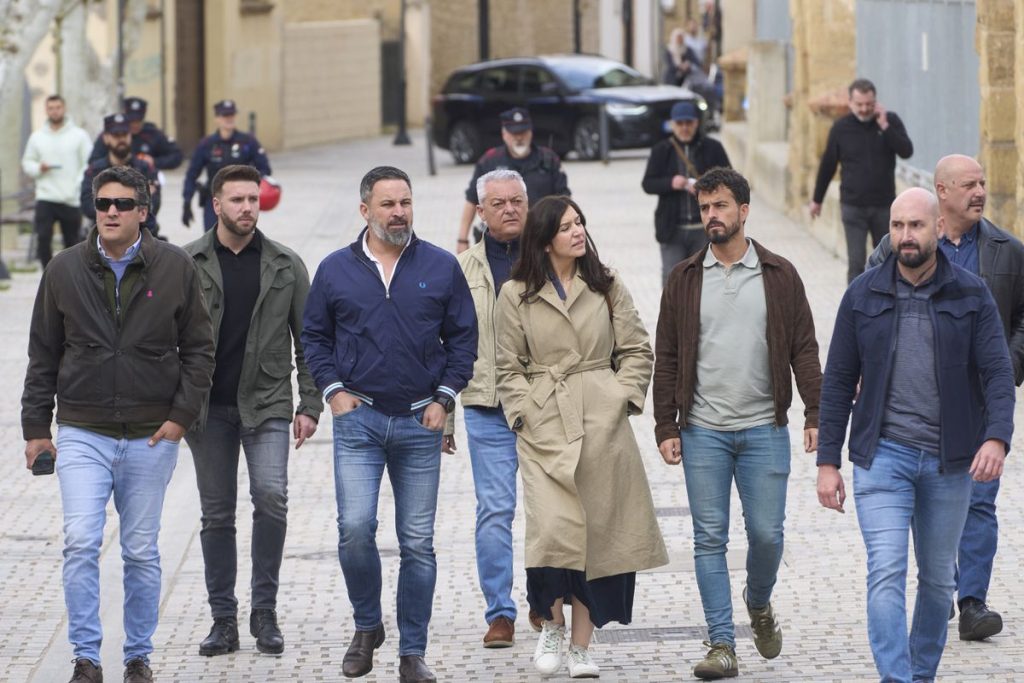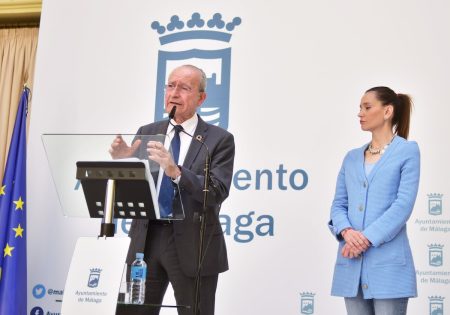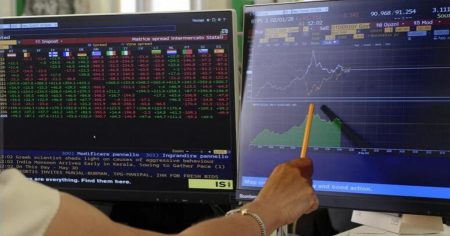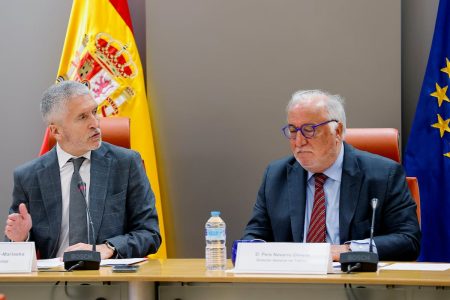The Civil Chamber of the Supreme Court has overturned the ruling that convicted Vox for violating the fundamental right to democratic participation of three of its members in Granada and annulled the internal elections held in September 2020 in that Andalusian province due to lack of transparency. Both the Court of First Instance Number 6 of Granada and the Fifth Section of the Provincial Court declared the nullity of the agreements of the Electoral Committee (CEL) of the party that excluded the critical candidacy from the electoral contest for not meeting the requirement of 10% of the province’s affiliates, and proclaimed the officialist list as the winner, arguing that it was the only one that met the criteria set by the Statutes. In reality, the critical candidacy had obtained the necessary 78 endorsements, but the CEL invalidated 15 endorsements, leaving them with only 73.
The Supreme Court has now concluded that the annulment of those 15 endorsements was correct, as the affected members were not up to date with their fees, and that the intervention of the internal electoral committee to “examine and decide on the validity of the endorsements […] cannot be considered surprising, much less illegal”. Regarding the fact that endorsements were accepted for candidates who were not presented, the sentence justifies this by stating that, “according to the electoral calendar, endorsements precede the presentation of candidacies” and some affiliates endorsed “people who later did not present themselves”. The complaint about lack of information is rejected by arguing that the CEL provided the critical affiliates “sufficient information on the reasons why their candidacy was excluded”.
As a result, the Supreme Court overturns the ruling that annulled the internal electoral process, which will not have practical consequences, as these elections were abolished in 2022 in Vox and now all provincial committees of the far-right party are appointed directly by Madrid. The Supreme Court does not impose costs on the plaintiffs, considering that “the inaccuracies in the content of some of the decisions [of the CEL] justify the serious doubts of fact and law”, with the exception of the appeal for procedural infringement, which has been dismissed, and Vox must pay. However, the far-right party will not have to compensate its three members with a sum that amounted to €72,000 collectively in the first instance ruling and €18,000 in the provincial court ruling.
In conclusion, the Supreme Court has ruled in favor of Vox in the case involving the exclusion of a critical candidacy in internal elections in Granada, overturning the previous ruling that annulled the process. The Court found that the annulment of certain endorsements was justified due to members not being up to date with their fees, and that the internal electoral committee was within its rights to examine and decide on the validity of the endorsements. Despite the decision, the internal elections have already been abolished within Vox, rendering the ruling largely symbolic. The Court did not impose costs on the plaintiffs, except for the appeal for procedural infringement, which Vox will have to pay.
















